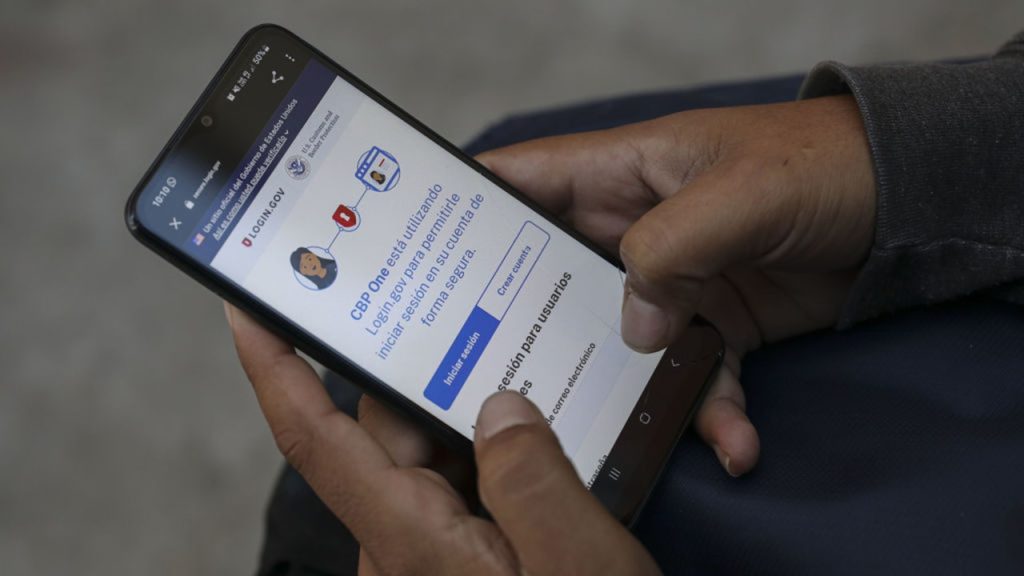The government mobile app for migrants seeking asylum at the southern border has sparked controversy among both sides of the immigration debate. U.S. Customs and Border Protection (CBP) introduced the CBP One app to schedule appointments at points of entry into the U.S., with claims that it has increased efficiency and cut out smugglers profiting from vulnerable migrants. However, Amnesty International argues that the app violates international human rights and refugee law by creating additional obstacles for asylum seekers. The organization believes that conditioning entry and access to asylum on appearing at a port of entry with a prior appointment is not feasible for some individuals.
Republican senators have introduced a bill to block migrants from using the CBP One app as an ID at TSA checkpoints, further escalating the controversy. The Biden administration began using the app and expanding its use last year amidst a surge in illegal crossings and the potential end of Title 42. The app, originally conceived during the Trump administration to expedite border crossings for those legally authorized to enter the country, has faced criticism from both conservatives and human rights organizations. Despite opposition, the government argues that the app allows border agents to focus on other security issues and discourages illegal crossings.
The House Committee on Homeland Security has raised concerns about the app, citing the high number of migrants given a “notice to appear” and allowed into the country after scheduling appointments through the app. Committee Chairman Mark Green accused Homeland Security Secretary Alejandro Mayorkas of abusing the app in his pursuit of open borders, calling for more transparency and vetting of individuals being released into communities. The government defends the app as a tool to manage migration and improve border processes in the face of growing global tensions.
Amidst criticism and controversy, the CBP One app has faced technical issues and low store ratings, further complicating its use by migrants seeking asylum. The app’s mandatory requirements and restrictions have added layers of complexity to an already challenging process for asylum seekers. While technological innovations could potentially provide for safer transit and more orderly border processes, Amnesty International believes that the app limits the manner in which individuals can seek international protection in the United States. The government contends that the app streamlines appointments and allows for more efficient processing of migrants, while detractors argue that it undermines the rights and dignity of asylum seekers.
The CBP One app has become a focal point in the ongoing debate over immigration and border security in the United States. The controversy surrounding the app highlights the complexity of managing migration flows and balancing security concerns with humanitarian considerations. As the Biden administration continues to navigate these challenges, the use of the app as a tool to manage asylum seekers and border crossings remains a contentious issue. The divide between those who support the app as a means of improving border processes and those who view it as a violation of human rights laws underscores the complexities of addressing migration issues at the southern border.


